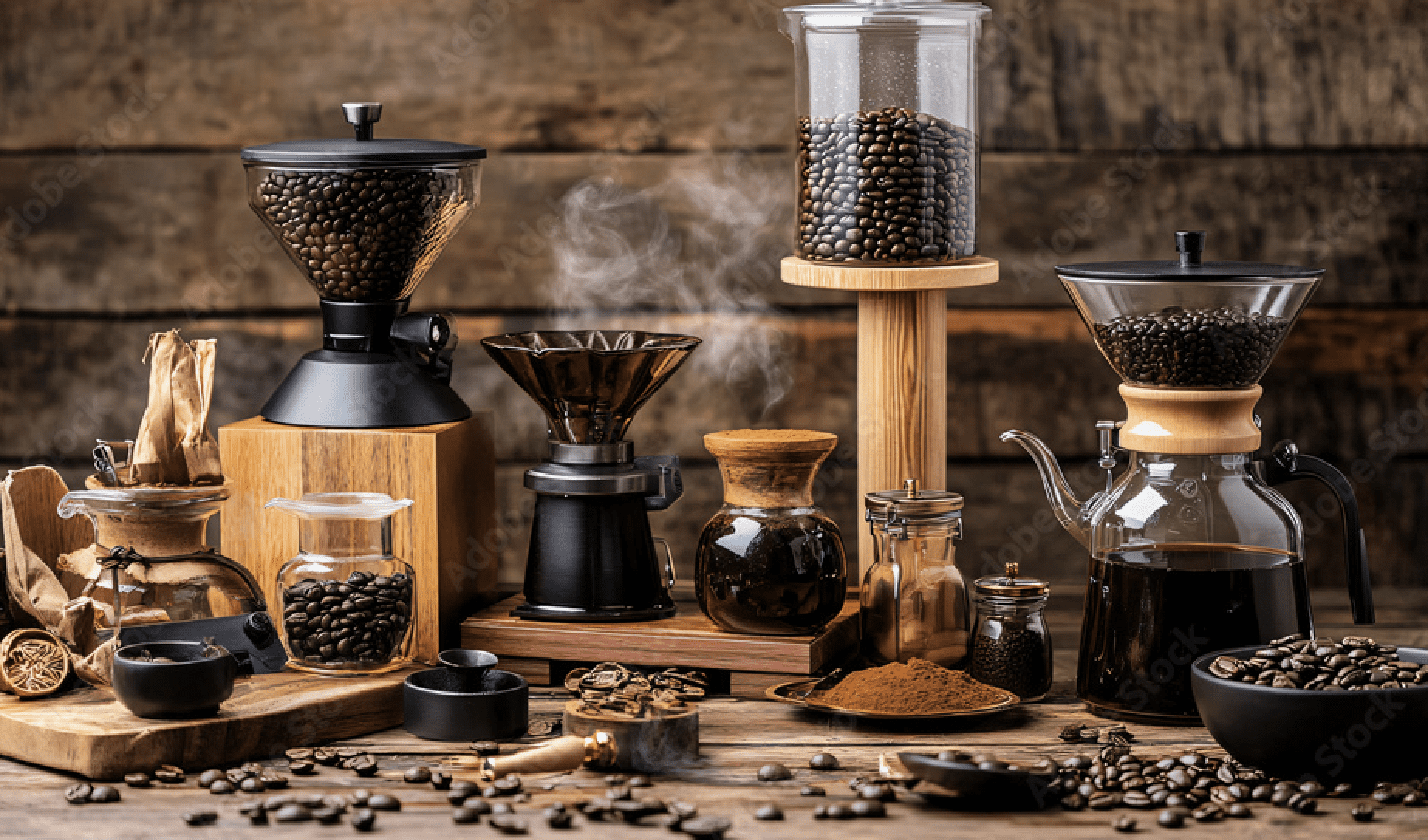What Makes Blue Mountain Coffee So Special?
Blue Mountain coffee is renowned for its exceptional quality and distinct flavor profile, which can be attributed to the unique growing conditions found in the Blue Mountains of Jamaica. This premium Arabica variety is cultivated at elevations between 3,000 and 5,500 feet above sea level, where the cool temperatures, misty rainfall, and nutrient-rich soil create an ideal environment for the coffee plants to thrive.
The limited supply of Blue Mountain coffee is another factor contributing to its prestige. Due to the strict geographical boundaries and labor-intensive cultivation methods, only a small quantity is produced each year. This scarcity, combined with the coffee’s superior taste, has made it one of the most sought-after and expensive varieties in the world.
Blue Mountain beans are known for their well-balanced flavor, with a mild and slightly sweet taste, complemented by a delicate yet complex aroma. The coffee’s smooth body and lack of bitterness make it a favorite among connoisseurs who appreciate its refined and nuanced profile.
Selecting the Right Beans
When it comes to crafting the perfect cup of coffee, selecting the right beans is crucial. The origin, processing method, roast level, and overall quality of the beans play a significant role in determining the final flavor and aroma.
For Blue Mountain coffee, it’s essential to choose high-quality Arabica beans from the renowned Blue Mountain region of Jamaica. These beans are renowned for their exceptional flavor, which is a result of the unique growing conditions and meticulous processing methods employed in the region
When selecting roast levels, consider your personal preferences. Lighter roasts tend to have a brighter, more acidic flavor, while darker roasts offer a richer, more intense taste. Blue Mountain beans are often roasted to a medium or medium-dark level to highlight their natural sweetness and complex flavor notes.
Additionally, pay attention to the processing method used for the beans. Washed or wet-processed beans tend to have a cleaner, more consistent flavor, while natural or dry-processed beans exhibit a fruitier, more robust taste
Mastering Brewing Techniques
For the perfect cup of Blue Mountain coffee, mastering brewing techniques is essential. Grind size plays a crucial role, as a finer grind leads to over-extraction, while a coarser grind results in under-extraction. Aim for a medium-fine grind for optimal flavor extraction.
Water temperature is equally important. According to coffee experts like Coffee Stack Exchange the ideal temperature for pour-over brewing is just off the boil, around 200°F to 205°F. This temperature range ensures proper extraction without burning the coffee.
Extraction time also impacts the final taste. For pour-over methods like Chemex or Hario V60, a total brew time of 3 to 4 minutes is recommended. This allows sufficient time for the water to interact with the coffee grounds, extracting the desired flavors and aromas without over-extraction.
When it comes to immersion brewing methods like French press, a coarser grind and a longer steeping time of 4 to 5 minutes are preferred. This gentle extraction technique brings out the rich, full-bodied flavors of Blue Mountain coffee.
Enhancing Flavor and Aroma
The unique flavor and aroma of Blue Mountain coffee can be further enhanced by adjusting brewing ratios, experimenting with different filters, and playing with water temperatures. The ideal ratio is 55 grams of ground coffee per liter of filtered water heated to 195-205°F. This ratio ensures optimal extraction of the delicate flavors and aromas without over-extraction.
Additionally, using high-quality filters can make a noticeable difference in the final cup. While paper filters are common, many baristas recommend trying out metal or cloth filters to allow more of the coffee’s natural oils to pass through, resulting in a richer, more aromatic brew.
Finally, don’t be afraid to experiment with different water temperatures. While the recommended range is 195-205°F, some coffee enthusiasts have found that slightly cooler or hotter temperatures can bring out unique flavor notes in Blue Mountain beans. The key is to taste and adjust until you find the perfect temperature for your personal preferences.
Savoring the Perfect Cup
The culmination of meticulous bean selection and expert brewing techniques, savoring a cup of Blue Mountain coffee is a truly sublime experience. This exceptional coffee boasts a rich, full-bodied flavor with notes of chocolate and nuts, complemented by delicate floral and herbal undertones.It’s smooth, velvety texture and lack of bitterness make it a pleasure to sip slowly and appreciate fully.
To elevate your tasting experience, consider pairing Blue Mountain coffee with complementary foods. The coffee’s bold flavor profile pairs exquisitely with dark chocolate, nutty pastries, or a light breakfast of fresh fruit and yogurt. For a decadent treat, enjoy a cup alongside a slice of rich chocolate cake or tiramisu.
When serving, take care to preserve the coffee’s delicate aroma and flavor. Use clean, odor-free cups or mugs, and avoid adding milk or sugar until after you’ve had a chance to savor the coffee’s pure essence. Whether you prefer it black or with a touch of cream, make sure to drink it fresh and piping hot to fully experience the nuanced flavors and velvety mouthfeel. Sit back, relax, and let the exceptional taste of Blue Mountain coffee delight your senses.




